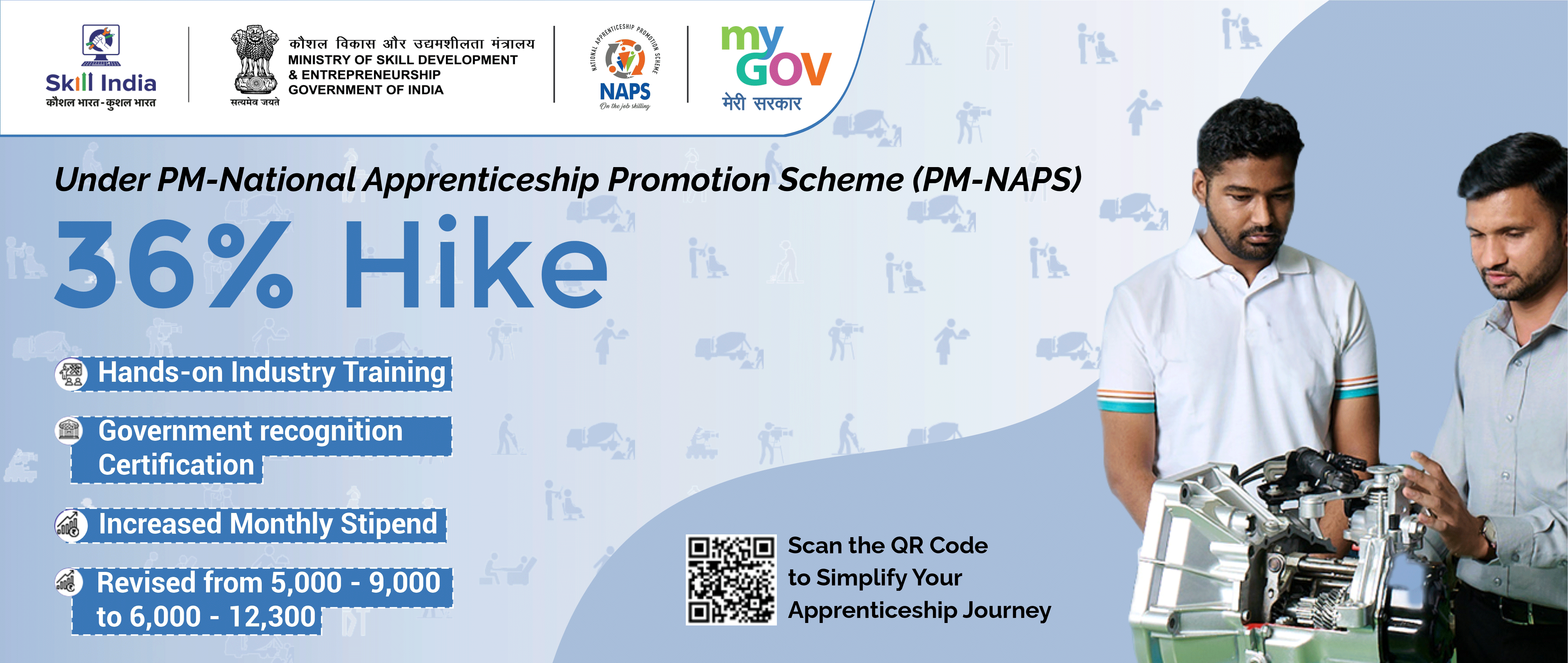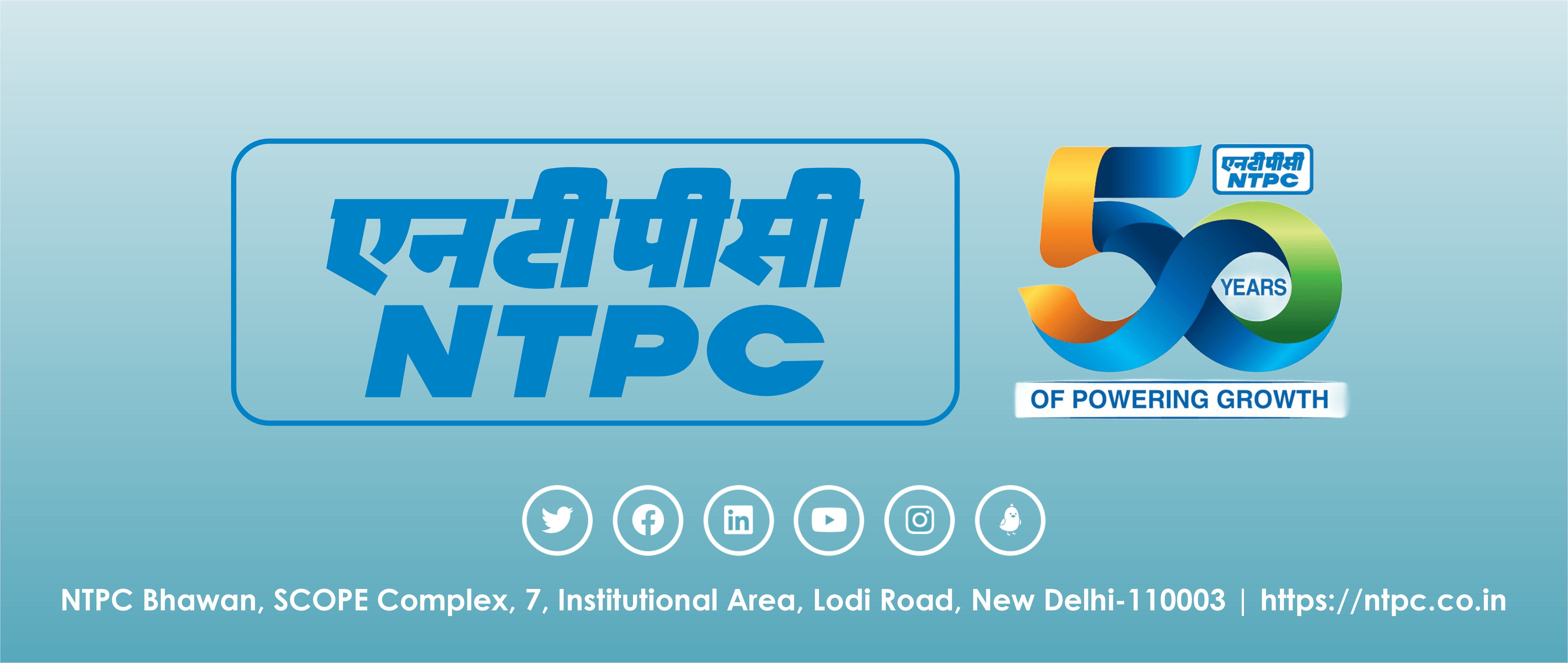TO RECIEVE EXCLUSIVE POSTS AND NEWS
Must Read
Modi Govt 2.0 outlining a growth story: Drive conveniently, drive easy
By IndianMandarins- 02 Jun 2019
1387India needs an investment ranging from $5 to 10 trillion to
develop its infrastructure, science, agriculture, industry, and commerce to a
point where the per capita GDP improves from $2000 to $20,000 in the next 10
years. Where will, or could, this money come from? Only from the US, Europe,
and East Asian countries like Japan and South Korea. Forget about China. Let it
invest in Pakistan. Â That being the reality, New Delhi may have to work really
hard and pragmatically in the next few months to streamline its economic reform
agenda and tune the foreign policy accordingly. The concept of economic
nationalism is good, but it has to be distilled too often through pragmatism to
turn on its potency. Â Currently, Europe, which could be one of the major financiers
to India's growth story, has been waiting helplessly for the last 15 years for
a free trade agreement. Similar is the story of trade relations with the US
which has expressed its great displeasure by withdrawing the GSP trade scheme.
Trade relations with Japan and South Korea are good but not without
creases.  In all cases, irrelevant issues have been raised by
negotiating officials. So the matter needs to be sorted out at the government
and ministerial levels. Â The US move to withdraw GSP on India's exports to that
country has only added urgency to the matter of redefining India's relations
with financing countries. No great achievements would be made if New Delhi
tries to woo Chinese capital, which is already tied with financing India's
adversaries and enemies. Â The US president is known for his transactional nature. Since
the US played a pivotal role in backing France-sponsored Western move to
blacklist Masood Azhar by taking the issue to the larger UNSC, which would have
made China explain the reasons for its 'constructive support' to Azhar, China
blinked and backed off because it had no valid reasons for imposing its willful
and malicious hold on Azhar's blacklisting. Â For a much-needed favor shown to India, Trump naturally wants
reciprocal favor. And like always, New Delhi is whining and grumbling. Instead
of sending the new foreign minister Jaishankar to Washington to handle the
matter urgently and negotiate a win-win deal on minor trade issues that could
snowball into bigger problems, spinmasters are trying to convey that the move
may not be much damaging. Â The commerce ministry has said and believes that the GSP
withdrawal may impact marginally as the total duty reduction under the scheme
was only $190 million a year on the trade value of $6.3 billion. Since, in
2018, India had a goods trade surplus of $21.3 billion with the US, the
ministry is not bothered about the fact that what begins as a trickle could
become a powerful trend. Look at our trade deficit with China: it began as a
trickle 15 years ago and now it costs a huge $70 billion that empowers China to
freely finance our adversaries, enemies, and internal saboteurs. Â New Delhi doesn't seem to have played its hands deftly during
the first NaMo term 2014-19 on issues that concern the West, which remains the
largest source of FDI, FPIs, technology, IT, and outsourcing businesses. In
2018, for instance, it created avoidable tax hurdles in the functioning of
Amazon. It really sent out a wrong signal that it was being done to protect
domestic e-commerce and other retail businesses. After the Vodafone incident,
this was the second instance of creating unnecessary tax problems for major
foreign operators. In both cases, the FinMin was run by lawyers. Â So, in a sense, it's a great relief that the FinMin has come to
be occupied by Nirmala Seetharaman who understands the complexities of global
finance and business. Â Looks like she may get adequate support from the new foreign
minister who after retirement was put on probation in learning the ropes of
international finance and trade at Tata Sons. This couldn't but have been done
with an agreement between Ratan Tata and Narendra Modi. Possibly, Modi's first
term taught him that he needed a foreign minister who could deal with global
businesses as proficiently as he dealt with politics. And so, he must have
organized Jaishankar's appointment on Tata Sons. (By M K Shukla & Rakesh Ranjan)

Readers' Choice
Clean chit to IPS officers: CAT holds RCB’s social media adventurism responsible for stampede 3 hours ago
R K Sharma is the new Rajasthan DGP 30 Jun 2025
Centre swings surprise, Gujarat DGP gets extension in service 30 Jun 2025
Tenure of Chhattisgarh Chief Secretary extended 30 Jun 2025
Rajesh Kumar appointed as Chief Secretary of Maharashtra 30 Jun 2025
Modi Govt 2.0 outlining a growth story: Drive conveniently, drive easy
By IndianMandarins - 2019-06-02 10:32:55

India needs an investment ranging from $5 to 10 trillion to
develop its infrastructure, science, agriculture, industry, and commerce to a
point where the per capita GDP improves from $2000 to $20,000 in the next 10
years. Where will, or could, this money come from? Only from the US, Europe,
and East Asian countries like Japan and South Korea. Forget about China. Let it
invest in Pakistan.
Â
That being the reality, New Delhi may have to work really hard and pragmatically in the next few months to streamline its economic reform agenda and tune the foreign policy accordingly. The concept of economic nationalism is good, but it has to be distilled too often through pragmatism to turn on its potency.
Â
Currently, Europe, which could be one of the major financiers to India's growth story, has been waiting helplessly for the last 15 years for a free trade agreement. Similar is the story of trade relations with the US which has expressed its great displeasure by withdrawing the GSP trade scheme. Trade relations with Japan and South Korea are good but not without creases.Â
Â
In all cases, irrelevant issues have been raised by negotiating officials. So the matter needs to be sorted out at the government and ministerial levels.
Â
The US move to withdraw GSP on India's exports to that country has only added urgency to the matter of redefining India's relations with financing countries. No great achievements would be made if New Delhi tries to woo Chinese capital, which is already tied with financing India's adversaries and enemies.
Â
The US president is known for his transactional nature. Since the US played a pivotal role in backing France-sponsored Western move to blacklist Masood Azhar by taking the issue to the larger UNSC, which would have made China explain the reasons for its 'constructive support' to Azhar, China blinked and backed off because it had no valid reasons for imposing its willful and malicious hold on Azhar's blacklisting.
Â
For a much-needed favor shown to India, Trump naturally wants reciprocal favor. And like always, New Delhi is whining and grumbling. Instead of sending the new foreign minister Jaishankar to Washington to handle the matter urgently and negotiate a win-win deal on minor trade issues that could snowball into bigger problems, spinmasters are trying to convey that the move may not be much damaging.
Â
The commerce ministry has said and believes that the GSP withdrawal may impact marginally as the total duty reduction under the scheme was only $190 million a year on the trade value of $6.3 billion. Since, in 2018, India had a goods trade surplus of $21.3 billion with the US, the ministry is not bothered about the fact that what begins as a trickle could become a powerful trend. Look at our trade deficit with China: it began as a trickle 15 years ago and now it costs a huge $70 billion that empowers China to freely finance our adversaries, enemies, and internal saboteurs.
Â
New Delhi doesn't seem to have played its hands deftly during the first NaMo term 2014-19 on issues that concern the West, which remains the largest source of FDI, FPIs, technology, IT, and outsourcing businesses. In 2018, for instance, it created avoidable tax hurdles in the functioning of Amazon. It really sent out a wrong signal that it was being done to protect domestic e-commerce and other retail businesses. After the Vodafone incident, this was the second instance of creating unnecessary tax problems for major foreign operators. In both cases, the FinMin was run by lawyers.
Â
So, in a sense, it's a great relief that the FinMin has come to be occupied by Nirmala Seetharaman who understands the complexities of global finance and business.
Â
Looks like she may get adequate support from the new foreign minister who after retirement was put on probation in learning the ropes of international finance and trade at Tata Sons. This couldn't but have been done with an agreement between Ratan Tata and Narendra Modi. Possibly, Modi's first term taught him that he needed a foreign minister who could deal with global businesses as proficiently as he dealt with politics. And so, he must have organized Jaishankar's appointment on Tata Sons.Â
(By M K Shukla & Rakesh Ranjan)























